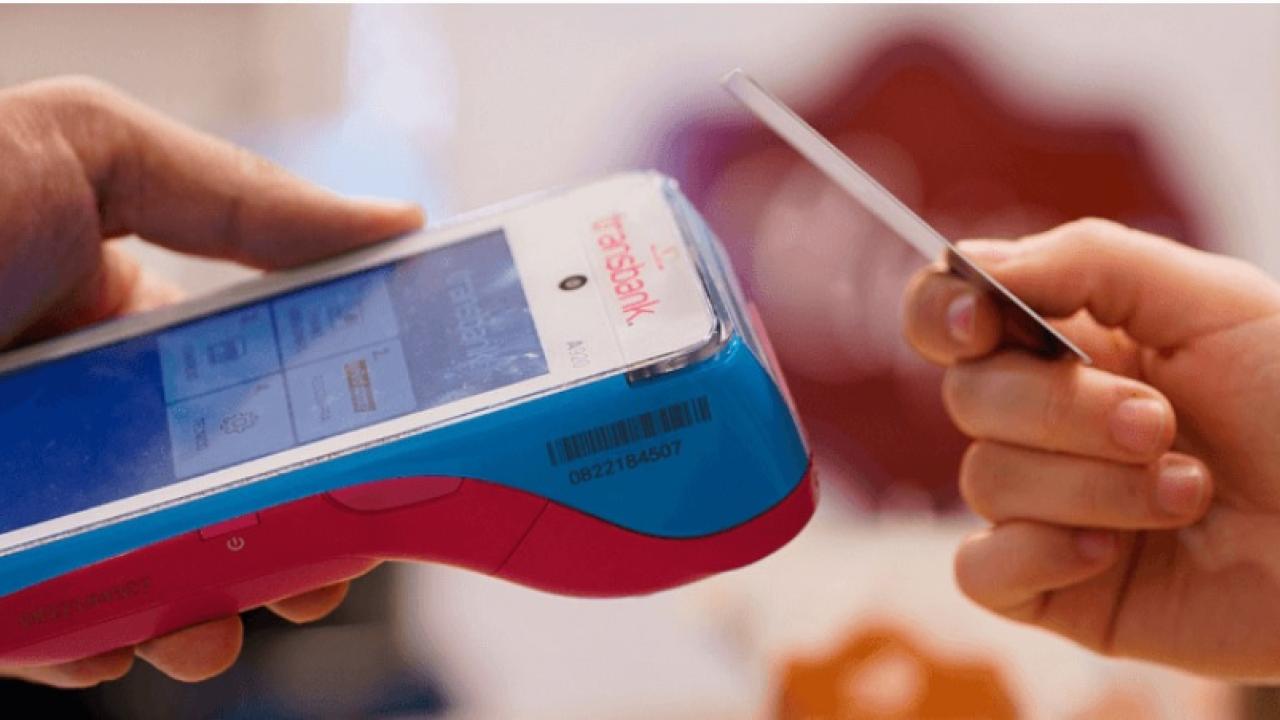
According to an analysis by the National Economic Prosecutor's Office, the recent actions of the payments entity would lead to a 6.9% increase in tariffs compared to what was charged a week before, resulting in an annual cost of US$ 12 million for businesses.
The Chilean National Economic Prosecutor's Office (FNE) presented an appeal for non-innovation before the Supreme Court after payments firm Transbank began to apply higher tariffs to users since April 1.
On March 21, the payments operator had informed the FNE about its tariff increase to all users in order to match them with the UF (an official indexed value that changes daily).
According to an analysis by the Prosecutor's Office published in Diario Financiero, this would entail a 6.9% increase in tariffs compared to what was charged a week before, resulting in an annual cost of $11.8 billion pesos (over US$ 12 million) for businesses.
According to the FNE, the increase in Transbank rates “will cause harm to free competition (…), it contradicts the obligations, parameters and criteria that said company must apply to fix rates in detriment of all businesses and, in short, of the final consumer.”
The FNE also emphasized that the company's shareholders (the country's large banks) should be the ones "assuming the risk or cost implied in the change of the model in which the industry is organized", and that tariffs that were paid to the Transbank “are already above the ordered levels.”
As detailed by Diario Financiero, on Monday Transbank presented a document stating that both the form and substance of the Economic Prosecutor's Office claim are not valid, thus making an appeal inadmissible and only allowing room for a complaint.
The company added that the actions of the FNE “seem to be an attempt to take shortcuts and surprise the judiciary,” trying to “circumvent all the procedural stages established by law before the Free Competition Court and impose with this its own interpretation of the 2022 ruling.”
Finally, the company stated that it followed the recommendations of an expert panel to determine the tariff model, but “as happens in all markets, over time, Transbank's costs have changed.”










